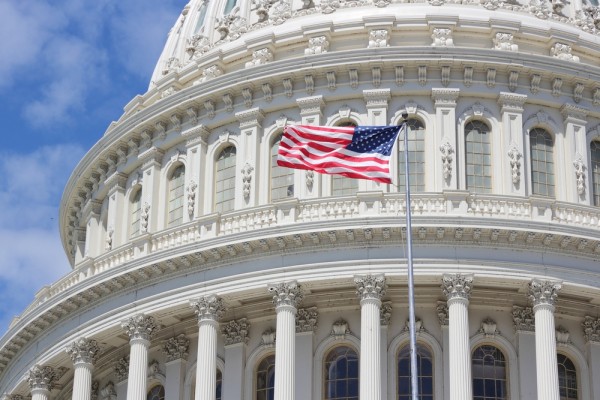US Congress tried to pass a comprehensive federal consumer privacy law in 2023, but ultimately, it failed to make it past the finish line. IAPP Principal Researcher, Privacy Law and Policy, Müge Fazlioglu, CIPP/E, CIPP/US, writes about the two key developments that have impacted its progress—the increase in state privacy laws and the rise of artificial intelligence (AI) technologies. Twelve states now have privacy laws, with five becoming effective in 2023, providing protection to a third of the US population. The increasing use of AI has led to a flurry of initiatives and legal guidance from federal agencies. Despite the challenges, Congress has not given up on passing federal privacy legislation. However, a true federal compromise will require bipartisan support, which may mean letting go of certain partisan provisions.

What is this page?
You are reading a summary article on the Privacy Newsfeed, a free resource for DPOs and other professionals with privacy or data protection responsibilities helping them stay informed of industry news all in one place. The information here is a brief snippet relating to a single piece of original content or several articles about a common topic or thread. The main contributor is listed in the top left-hand corner, just beneath the article title.
The Privacy Newsfeed monitors over 300 global publications, of which more than 5,750 summary articles have been posted to the online archive dating back to the beginning of 2020. A weekly roundup is available by email every Friday.
